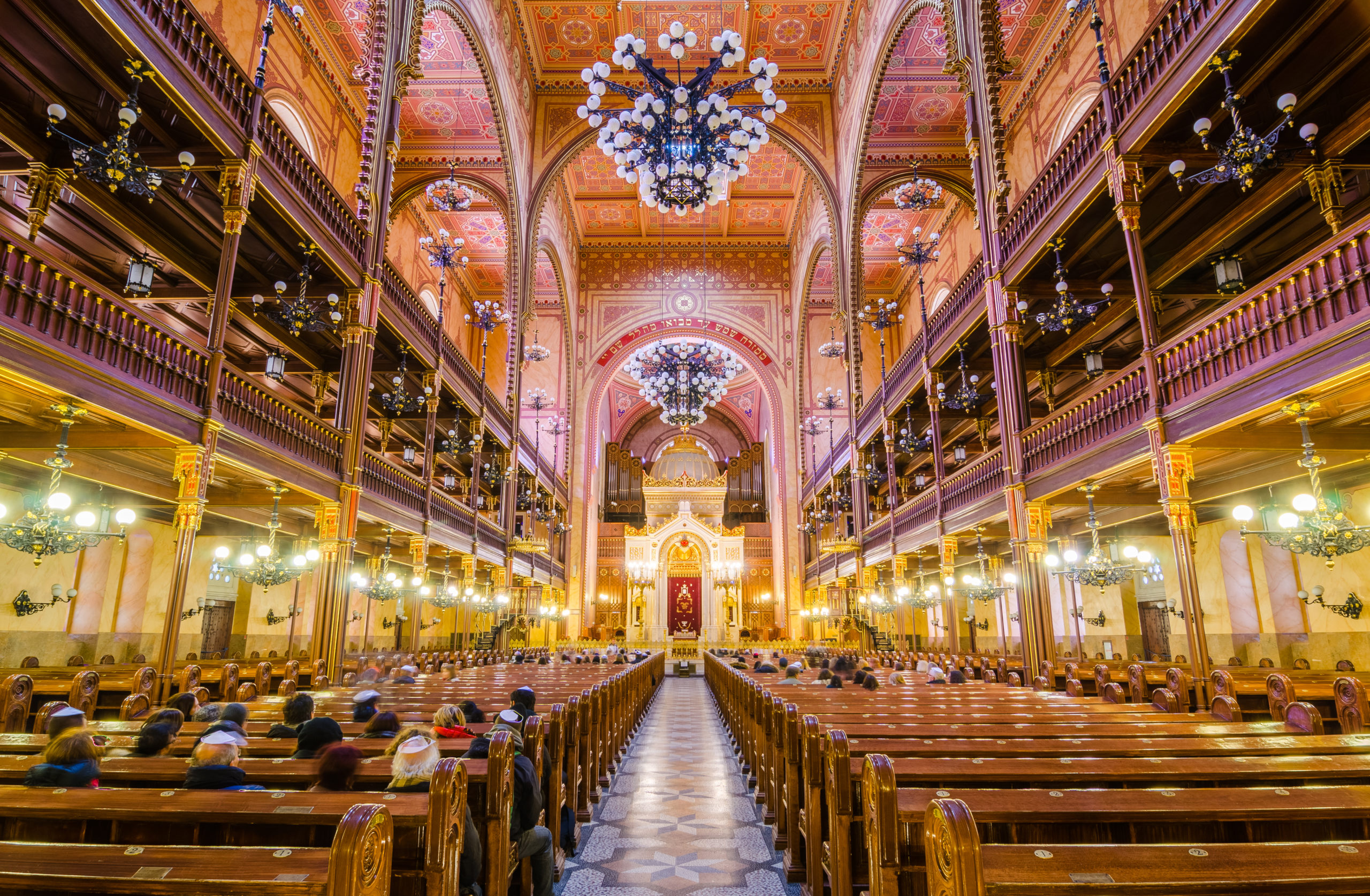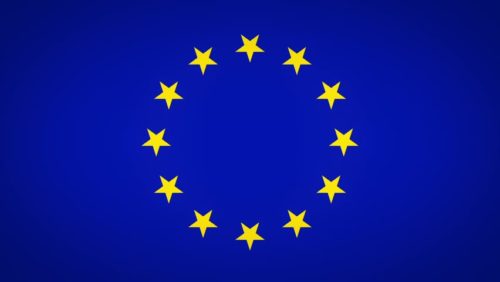Jewish Community in the Republic of Macedonia
In early December 1944, immediately after the end of the war, the surviving Jews decided to continue the long tradition of Jewish communities in Northern Macedonia and rebuild the Jewish community in Skopje. On December 26, 1944. The First Macedonian-Jewish National Liberation Board was established in Skopje, where a decision was made to establish a Macedonian-Jewish community within the Union of Jewish Municipalities of Yugoslavia. In the beginning of 1945. The Jewish community in Bitola was also restored. Joseph Kamhi, who later moved to Israel, was elected the first and last mayor of the municipality. But despite strong support from the municipalities in Skopje and Belgrade, it ceases to operate two years later because many of its members are moving out.
George Blair was elected the first president of the Jewish community in Skopje. In 1946. The municipality has 471 members, a quarter of whom came from other parts of Yugoslavia. In the post-war years, the work of the municipality focused on rebuilding Jewish life and providing social assistance to those in need. All Jewish survivors are registered, a kitchen is organized, and a small library is established. With the formation of the state of Israel in May 1948. many emigrate to the new homeland and membership is slowly beginning to decline. Some emigrate to both the United States and South America.
The municipality was located in the old Jewish quarter on st. 370 No.7 under the fortress of Kale. In the catastrophic earthquake that hit Skopje in 1963. the municipal building is partially damaged. In 1964. the damage has been repaired and the municipality is renamed Dr. Albert Weiss. The new building was built in 1975. on Borka Taleski Street no. 24, where it is located today.
In 1991. After the independence of Northern Macedonia, the Jewish community seceded from the Union of Jewish Communities of Yugoslavia and continued to operate independently. Today it is the only Jewish community in Northern Macedonia, with about 200 members, most of whom are Sephardim. Members take part in the preparation of various celebrations, such as March 11, the European Day of Jewish Culture and other cultural events, in order to preserve Jewish culture, tradition and values.
The survivors of the war and members of the Jewish community have contributed and still contribute to the building of a democratic Republic of Northern Macedonia.



 NOA is co-funded by the Rights, Equality and Citizenship Programme (2014-2020) of the European Union
NOA is co-funded by the Rights, Equality and Citizenship Programme (2014-2020) of the European Union